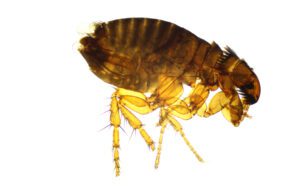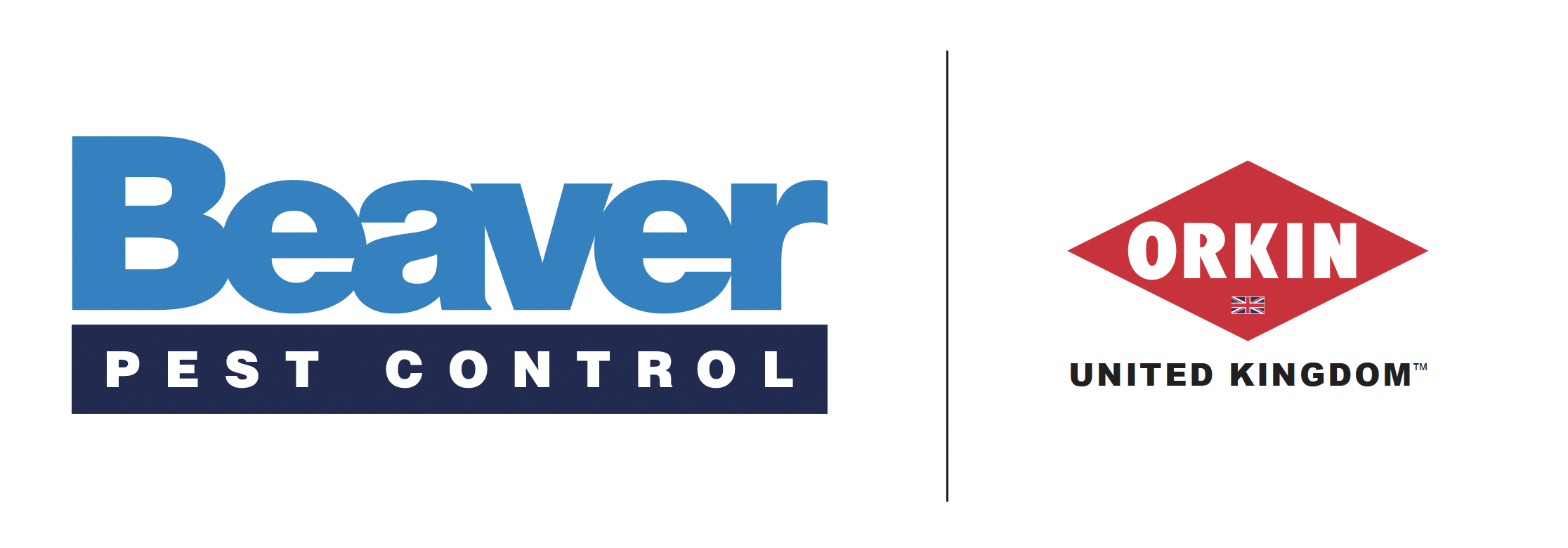Flea control
keep your property safe from fleas
GET A FREE QUOTATION
Let's talk about your pest problem. Call Beaver Pest Control London on 0208 355 3443
Fast and effective flea control for London & the South East
Beaver Pest Control offer quick and effective flea pest control across London and the South East. There are a number of flea species in the UK. Cat fleas in particular are very common, once they are on your property; if there is not an animal around or there are a lot of fleas they resort to biting humans, usually around the ankles and legs. Once fleas have established themselves within a home or business animals will need to be carefully treated as well as the property itself by a flea control technician to completely remove the infestation and protect your home and pet from further bites.
HOW TO GET RID OF FLEAS
NEXT STEPS
Our helpful, friendly teams are here to help you at each step of your journey to a pest free home.
1. Dedicated Customer Service
We are always available for advice and offer a 24/7 out-of-hours phone line for urgent requests.
2. Preparation
Prior to treatment, you will be advised to carry out preparation such as ensuring your pets have been treated. Preparation is key to a successful flea treatment.
3. Treatment
One of our experienced RSPH Level 2 trained technicians will carry out the flea treatment using professional-grade insecticides. Non-chemical treatment options are available if needed.
4. One Month Guarantee
We include a one month guarantee following your last visit to give you peace of mind following our treatment.
Flea Extermination London
Fleas are not only a nuisance, causing itching and discomfort, but they can trigger allergic reactions and dermatitis leading to more severe health issues. Effective flea control often involves the use of insecticidal treatments, which target fleas at various life stages. These treatments can include sprays, powders, and topical applications containing active ingredients like pyrethroids or insect growth regulators (IGRs). Such products work by killing adult fleas, larvae, and eggs, thereby breaking the lifecycle and preventing re-infestation. Proper flea management is essential.
How do I know if I have a flea problem?
If you think you’ve spotted signs of a flea infestation, you’re in the right place. This quick guide to fleas will help you determine if you need pest control for fleas.
There are a number of tell-tale signs that you have a flea infestation:
Pets:
Is your pet scratching, licking or biting itself more than usual?
Flea Bite:
Flea bites will typically be around the legs and ankles. If you have been holding or stroking your pet, you may find them in your arms. Flea bites will typically form a discoloured bump. You will sometimes see a ‘halo’ form around the bump after some time. Fleas will often leave bits in clusters or a straight line. Flea bites can be very itchy and cause discomfort.
Live Fleas:
Fleas can often be found in the fur of your cat or dog. Combing back your pet’s fur coat, you may see fleas or flea droppings.
TOP TIP: If you aren’t sure if the black specks in your pet’s fur are fleas, put a couple of drops of water on it, if it turns red, you have fleas!
When they aren’t biting, fleas can be seen jumping on carpets and soft furnishings like pet bedding.
Flea Eggs:
Flea eggs can be difficult to get rid of without professional help. We often find customers saying that the fleas keep coming back when in reality they have had them the whole time and are only dealing with the live fleas and not looking for flea eggs. Whilst the flea eggs are laid in the fur of your pet, they often fall off into carpets, soft furnishings, wherever your pet travels. These eggs are tiny (o.5mm long) white ovals, easily missed when hiding in your carpets, if not treated, the eggs will hatch and the infestation will continue.


What Can I Do to get rid of fleas?
Fleas are an external parasitic insect pest of mammals and birds. They depend on their ‘host’ animal for food and development. Their host can be e.g. a cat, a dog, a fox or a bird but if the host is not available they will bite humans. Adult fleas vary in size, but are generally about 2-3mm long and reddish brown in colour. There are too many types to list as there are around 1400 known species of flea. First, the source of the infestation must be identified and treatment of the offending animal undertaken by a vet or the owner. Secondly, a thorough clean with vacuum cleaners of the premises should be undertaken and the bag disposed of. Thirdly, all areas should be treated by a professional pest controller with an insecticidal spray to kill the adult fleas and larvae. Pupae often survive treatment, so it is usual to carry out a second spray treatment to ensure adequate insecticide is available when they eventually hatch out.
Customer Reviews
- FAQS
Absolutely not. We provide an individualised service for each client and their pest problem. Our pest treatments will be tailored to your needs!
Our expert pest control technicians will always carry out a risk assessment before treatment and will give you advice on how to minimise risk to your family and pets. We aim to reduce the number of chemicals we use when treating pests, and where possible, we will use physical and biological deterrents first.
Domestically we cover London and the South-East. We offer national coverage for commercial customers.
Use our residential postcode checker to see if we cover your home.
Payment is taken upon booking the job with our customer service team. We accept all major credit cards with the exception of American Express.
Using a professional company is the quickest and most effective way to get rid of mice. The training given to professional technicians is not just about how to treat pests but, more importantly, how to do it safely, so no harm comes to other animals, including pets and other wildlife such as hedgehogs and birds.

